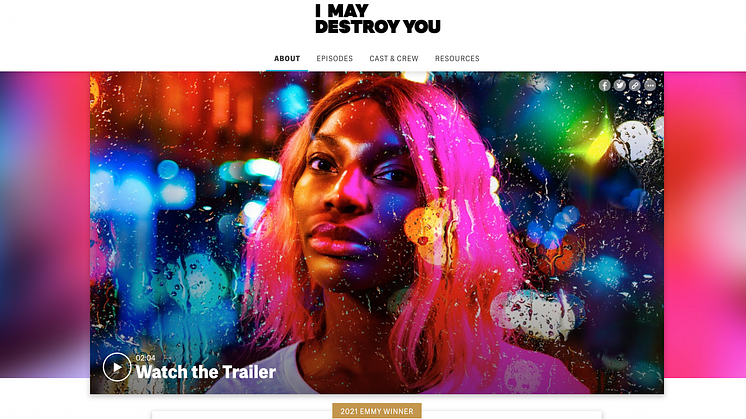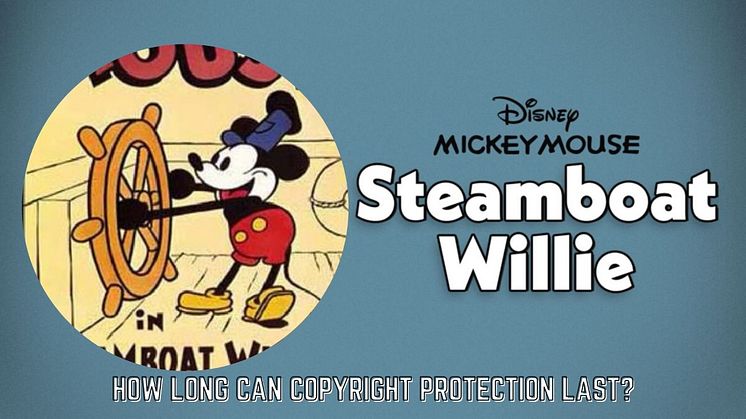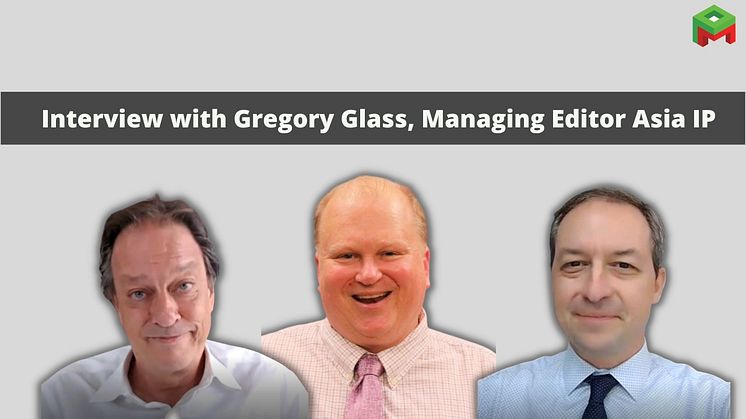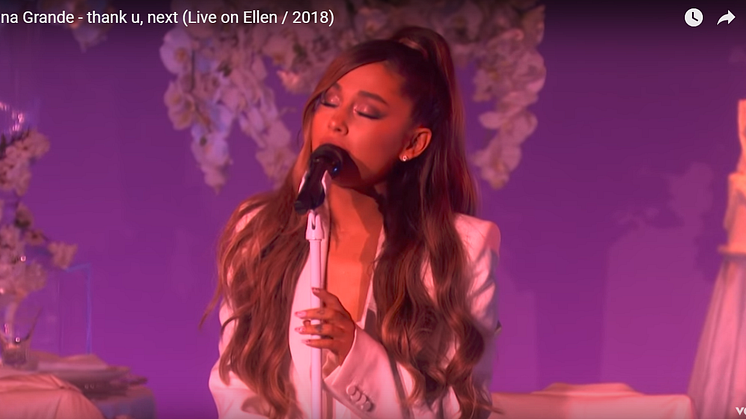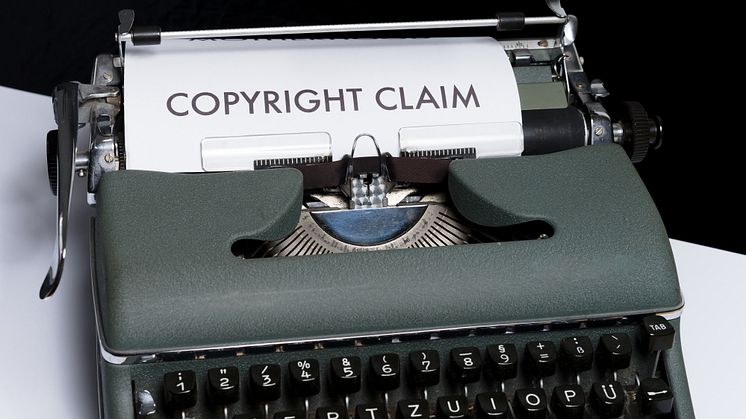
News -
What a longer copyright term means for creators
As the saying goes, time is money. And when it comes to IP matters, time is an important factor for creators. A recent change to IP laws in Uzbekistan serves as a useful example of how time plays a crucial role when it comes to protecting one’s innovations.
Uzbekistan has expanded the general term of copyright protection from 50 years to 70 years, following the death of the author. This change brings Uzbekistan's protections into alignment with many other jurisdictions, including the United States, European Union, and United Kingdom. It is now also in line with requirements in the Trade-Related Aspects of Intellectual Property Rights (TRIPS), the most comprehensive multilateral agreement on IP.
There are many benefits to a longer term of copyright protection. It gives creators more time to monetise their creative works, and for creators who have passed away, their heirs and artist estates get more time to benefit financially from the IP they leave behind.
But there are also drawbacks. A longer period of protection means more restrictions on access, as works take longer to fall into the public domain. Back in 1998, the United States extended the copyright term from 50 to 70 years (plus the life of the author), with the passing of the Sonny Bono Copyright Extension Act (named after the entertainer-turned-politician who drove it).
At the time, copyrighted works published in 1923 that would have fallen into the public domain on January 1, 1999 continued to have copyright protection for another 20 years because of this legislation. As a result, Eldritch Press, a non-profit publisher dedicated to innovative presentations of literary works on the Internet, was not able to legally post online works created in 1923.
The publisher’s concern, which remains relevant, is that creators who wish to make use older works in new creations are inhibited by longer copyright terms. Think about all the plays, movies, music and even fashion design that have been inspired by the work of William Shakespeare, which have long been part of the public domain. Would all this creativity, which is also an artistic engagement with a cultural heritage, have been possible if this body of work had been fiercely guarded by copyright laws?
So, when it comes to the term of copyright, a longer duration carries both costs and benefits to creativity. It simply depends on which creator’s perspective is being considered.

